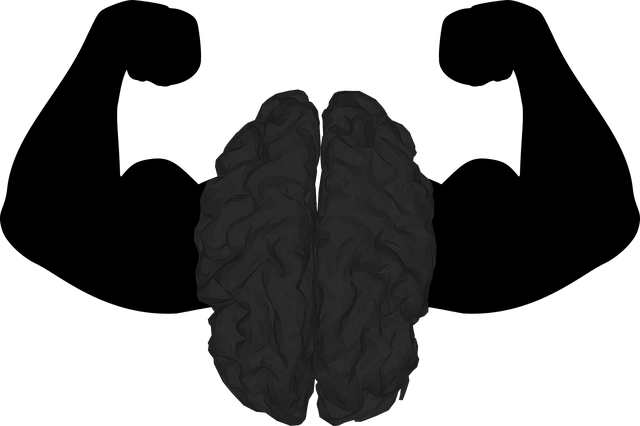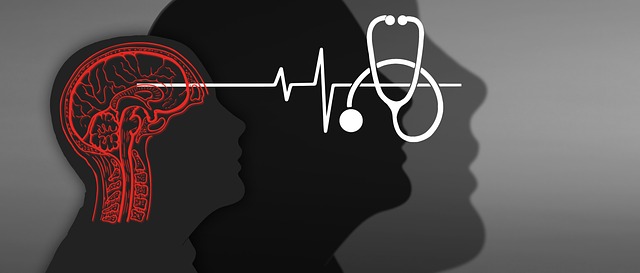Cultural competency is crucial in healthcare to deliver equitable care, especially for adults struggling with alcohol abuse across diverse populations. By understanding cultural backgrounds, tailoring therapy, and building empathetic connections, healthcare providers can significantly improve outcomes. Training programs should be comprehensive, focusing on evidence-based practices, unconscious bias awareness, and empathetic communication skills. Organizations must set clear goals, measure change, and use data to continuously improve care for adults with alcohol abuse issues, ensuring inclusive and effective therapy.
Healthcare provider cultural competency training is an essential component in delivering effective treatment, especially for complex issues like adult alcohol abuse. Understanding cultural nuances can significantly impact patient outcomes. This article explores the critical need for such training, delving into the effects of cultural biases on adult alcohol abuse therapy. We provide insights on designing comprehensive programs, implementing changes, and continuous improvement strategies to ensure healthcare services are sensitive and accessible to diverse patient populations.
- Understanding Cultural Competency in Healthcare: A Necessary Approach
- The Impact of Cultural Biases on Adult Alcohol Abuse Treatment
- Designing Effective Training Programs for Healthcare Providers
- Implementing and Measuring Change: Strategies for Continuous Improvement
Understanding Cultural Competency in Healthcare: A Necessary Approach

In today’s diverse healthcare landscape, cultural competency is no longer an optional consideration but a necessary approach to ensure equitable care for all patients. It involves understanding and appreciating the cultural backgrounds, beliefs, and values of individuals from different communities, especially those facing challenges such as alcohol abuse. This holistic perspective recognizes that cultural factors significantly influence health behaviors, access to care, and treatment outcomes. For instance, adults struggling with alcohol abuse may have unique needs shaped by their cultural identities, requiring tailored therapy approaches beyond the conventional one-size-fits-all model.
Empathy building strategies are at the heart of this process, fostering connections between healthcare providers and patients from diverse backgrounds. Mental health policy analysis and advocacy play a crucial role in ensuring that cultural competency training becomes an integral part of medical education and practice. By addressing burnout prevention among healthcare workers, who often face emotional and physical demands when interacting with culturally diverse patients, we can enhance the overall quality of care. Ultimately, embracing cultural competency is about creating inclusive environments where everyone feels respected and supported, leading to better health outcomes for all, especially those seeking therapy for adults alcohol abuse.
The Impact of Cultural Biases on Adult Alcohol Abuse Treatment

Cultural biases among healthcare providers can significantly impact the effectiveness of therapy for adults with alcohol abuse issues. These biases, often unconscious, can lead to misdiagnoses and inadequate treatment plans. For instance, a provider’s preconceived notions about an individual’s cultural background or social environment might result in overlooking underlying mental health conditions that contribute to alcohol dependency. This is particularly crucial when addressing adult alcohol abuse, as co-occurring disorders are prevalent.
In moments of crisis, especially during emergency interventions, cultural competency is vital. Crisis intervention guidance tailored to diverse populations can offer immediate anxiety relief and facilitate better communication. By recognizing and understanding cultural nuances, healthcare professionals can provide more personalized support, enhancing self-esteem improvement and fostering trust in the treatment process. This approach ensures that therapy aligns with the individual’s cultural context, increasing the likelihood of successful recovery.
Designing Effective Training Programs for Healthcare Providers

Effective training programs for healthcare providers must be tailored to address the unique challenges and needs of diverse patient populations. Incorporating evidence-based practices like mindfulness meditation and coping skills development can equip providers with tools to create safer, more inclusive environments for patients struggling with conditions such as adult alcohol abuse. These programs should go beyond surface-level cultural awareness and delve into exploring unconscious biases, challenging stereotypes, and fostering empathetic communication.
A comprehensive approach involves interactive workshops, role-playing scenarios, and case studies reflecting real-world situations. By engaging providers in active learning, these programs enhance their ability to navigate complex cultural dynamics, improve patient satisfaction, and ultimately deliver more personalized and effective therapy for adults with alcohol abuse issues.
Implementing and Measuring Change: Strategies for Continuous Improvement

Implementing and measuring change is a crucial aspect of ensuring effective cultural competency training in healthcare. It involves a strategic approach to integrating new practices and evaluating their impact. Organizations should establish clear goals, aligning with the desired outcomes, such as improved patient satisfaction, reduced disparities in care, and enhanced provider well-being. Regularly scheduled feedback sessions, both formal and informal, allow for continuous learning and adjustment.
Leveraging data collection methods, including surveys, interviews, and clinical outcomes, provides concrete metrics to gauge progress. By analyzing these data points, healthcare administrators can identify areas that require further attention, whether it’s refining therapy techniques for adults with alcohol abuse issues, enhancing trauma support services, or implementing burnout prevention strategies for providers. This data-driven approach facilitates targeted interventions and promotes a culture of continuous improvement within healthcare settings.
Cultural competency training is a game-changer in healthcare, especially regarding therapy for adults with alcohol abuse issues. By addressing biases and promoting understanding, these programs ensure that providers can offer effective care tailored to diverse patient needs. Implementing comprehensive training, as outlined in this article, enables healthcare professionals to navigate the complex landscape of cultural differences, ultimately improving patient outcomes and fostering a more inclusive healthcare environment. This approach is vital for revolutionizing treatment and enhancing services for all individuals seeking help for alcohol abuse.














